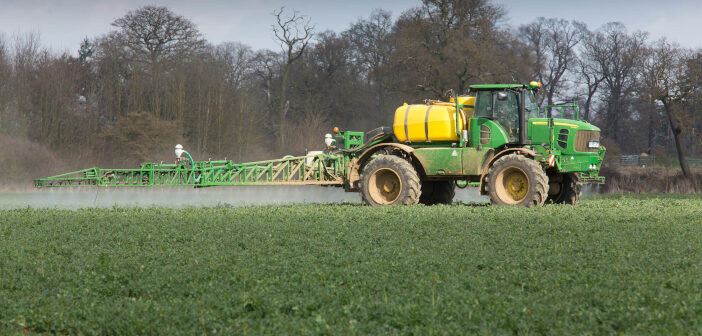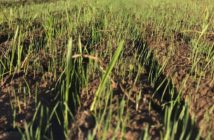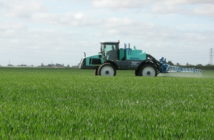With many growers having OSR crops at various stages this autumn after the dry August, Corteva says its Arylex herbicide technology in Belkar (halauxifen-methyl + picloram) offers plenty of flexibility.
Recent feedback from growers reveals many have moved away from pre-emergence herbicide strategies in favour of post-emergence sprays, something highlighted in a Corteva survey in 2023.
While the benefits of growing oilseed rape are well known, the challenge of establishing the crop and supporting it through winter remains a consistent concern. Early weed control is one way to support the crop, but this must be balanced against the risk of upfront costs, especially given the uncertainties around establishment and early crop growth.
Delaying investment in weed control allows growers to assess crop establishment before deciding on further action. Controlling broad-leaved weeds in early autumn, once the crop is established, helps reduce competition and avoids the risk of delayed applications in November or December, when waterlogged soils can prevent sprayer access.
Belkar can be applied from GS12 to GS16 from 1 September to the end of December.
Trials have shown that applying Belkar early (September) to remove the broad-leaved weed competition not only gives better control of weeds because they’re small, but also gives the crop a better chance at establishing. So it is a balance.




